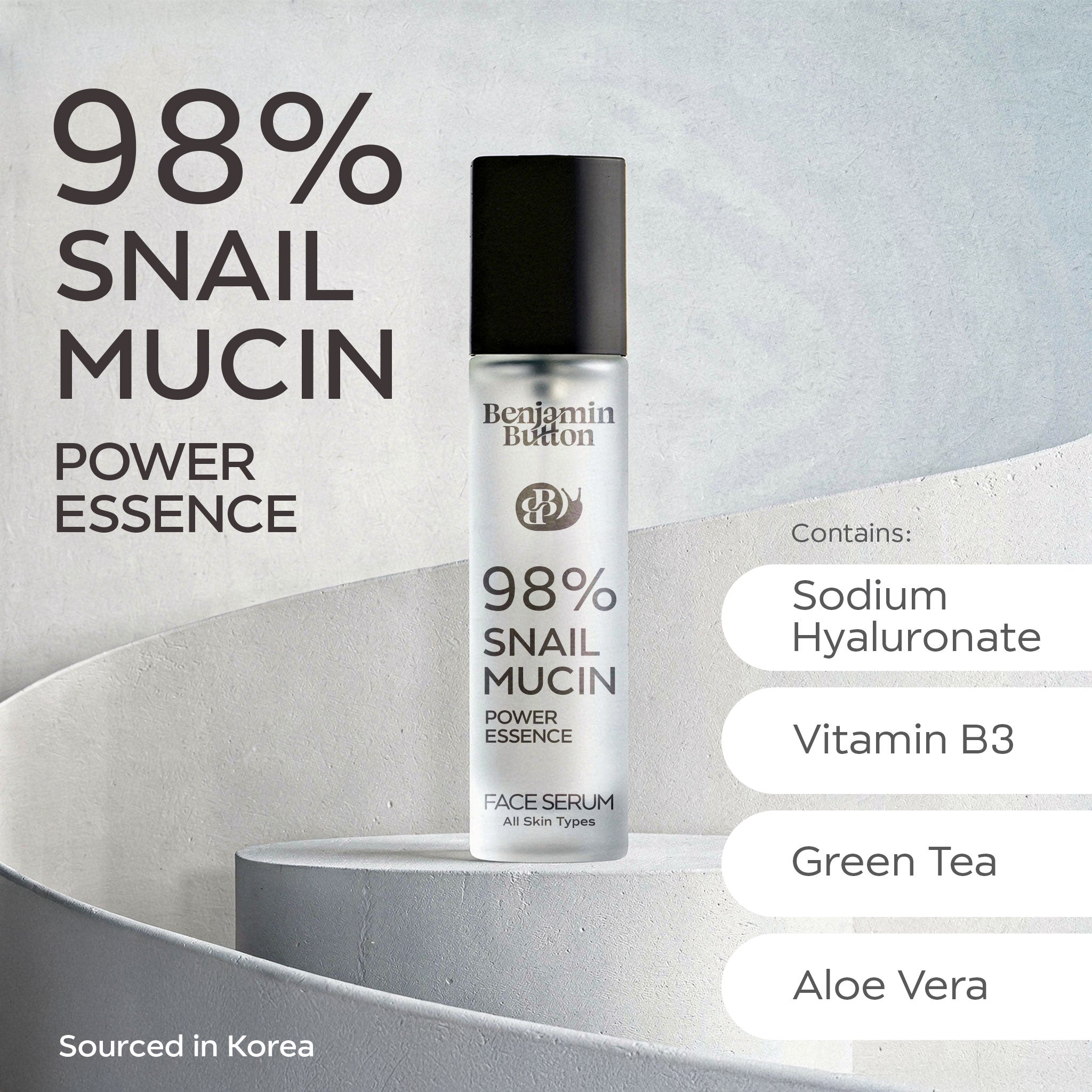5 Signs of Collagen Loss and How to Boost Production
Recognising the signs of collagen loss is crucial for maintaining a youthful appearance and overall skin health. As we age, our bodies produce less collagen, leading to various physical changes that can impact our confidence and vitality. Here are five key signs to look out for and some effective strategies to boost collagen production naturally.1. Fine Lines and Wrinkles
One of the most noticeable signs of collagen loss is the emergence of fine lines and wrinkles. As collagen provides structural support to the skin, its depletion can result in sagging and creasing. You may start to notice these changes around delicate areas such as the eyes and mouth, often referred to as crow's feet and laugh lines.2. Thinning Skin
Over time, skin may lose its thickness and elasticity due to decreased collagen levels. This thinning can make skin more susceptible to damage, causing it to appear dull and flat rather than smooth and plump. You may find that your skin feels less firm and resilient to environmental stressors.3. Increased Sagging
Sagging skin, especially in areas like the jawline and cheeks, is another clear indicator of collagen loss. This occurs because collagen fibres work to keep the skin taut. As these fibres break down, the structural integrity of the skin diminishes, leading to drooping. If you’ve noticed a loss of contour in your face, it may be due to reduced collagen production.4. Dryness and Rough Texture
Collagen loss can lead to a decrease in moisture retention, leaving skin feeling dry and rough. This lack of hydration manifests as a texture that is not as smooth or supple as it once was. You might find that even with regular moisturisation, your skin feels parched and lacks a healthy glow.5. Slower Wound Healing
If you've observed that cuts and wounds take longer to heal than they used to, collagen loss could be a contributing factor. Collagen is integral in the healing process as it helps to repair damaged skin and form new blood vessels. Reduced collagen can slow down this process, leading to prolonged recovery times.Boosting Collagen Production
Now that we’ve addressed the signs of collagen loss, it's essential to explore ways to enhance collagen production. Fortunately, there are several strategies you can integrate into your daily routine.Dietary Adjustments
Nutrition plays a significant role in collagen synthesis. Consider including the following foods in your diet:- Bone broth: Rich in collagen and amino acids.
- Leafy greens: Spinach and kale provide essential vitamins.
- Citrus fruits: High in vitamin C, which is vital for collagen synthesis.
- Nuts and seeds: Packed with nutrients that support skin health.
- Berries: Antioxidants in berries help combat oxidative stress.
Hydration is Key
Staying well-hydrated is critical for maintaining skin elasticity. Water aids in keeping your skin plump and can contribute to the production of collagen. Aim to drink at least eight glasses of water daily, and consider incorporating hydrating foods such as cucumbers and watermelon.Topical Treatments
Utilising skincare products enriched with ingredients that stimulate collagen production can significantly help:- Retinol: A powerful derivative of vitamin A which can improve skin texture and encourage collagen synthesis.
- Peptides: Short chains of amino acids that directly signal the skin to produce more collagen.
- Vitamin C serums: These are potent antioxidants that can protect the skin and boost collagen production.
- Hyaluronic acid: Helps retain moisture, improving the skin's overall appearance.






















